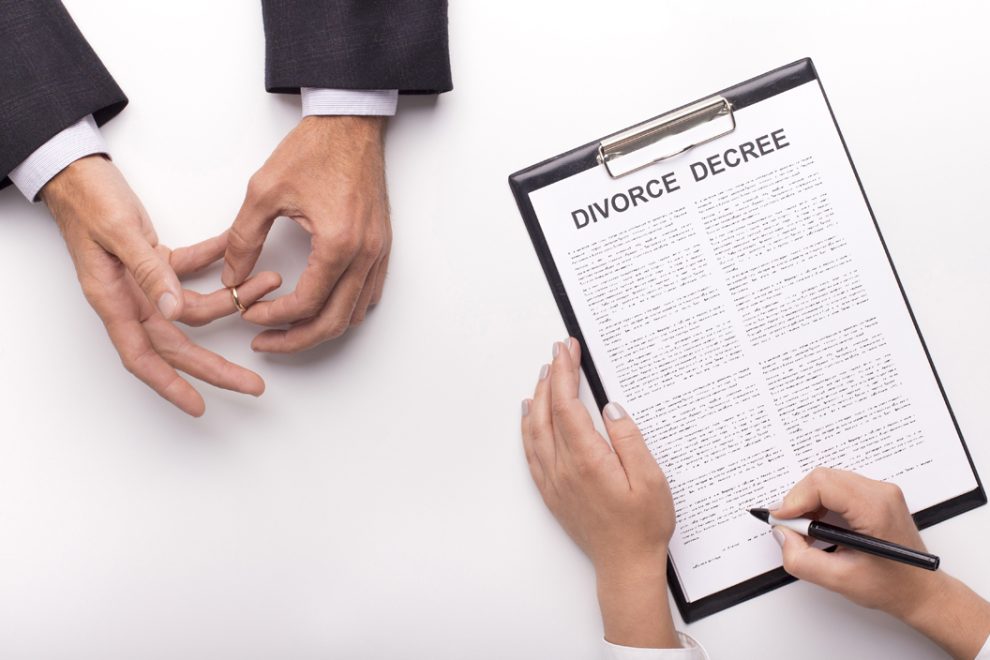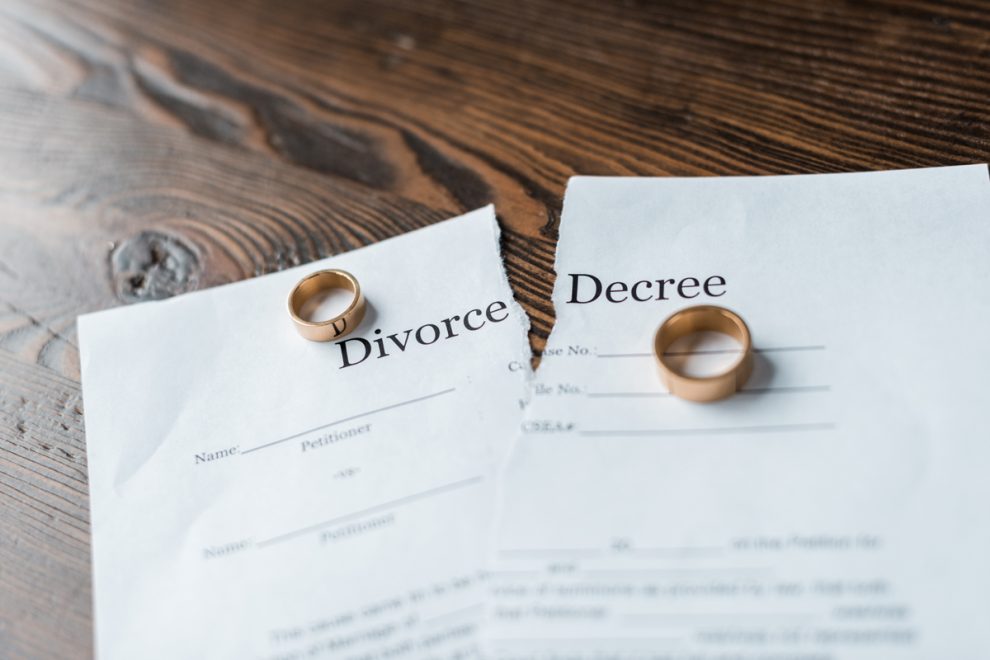Do I Need a Divorce Lawyer If We Agree on Everything?
If you are wondering if you need a divorce lawyer when you and your spouse already agree on everything, the short answer is both yes and no. Yes, you need a lawyer if you wish to receive legal advice in order to avoid some major pitfalls of divorce. No, you do not need a lawyer…
















